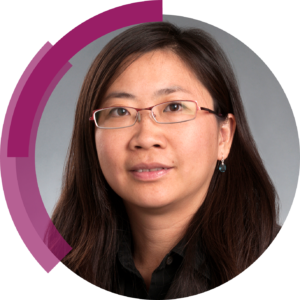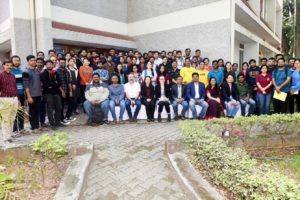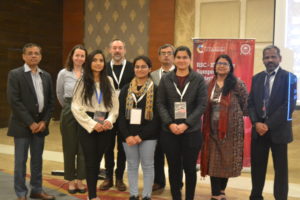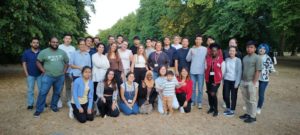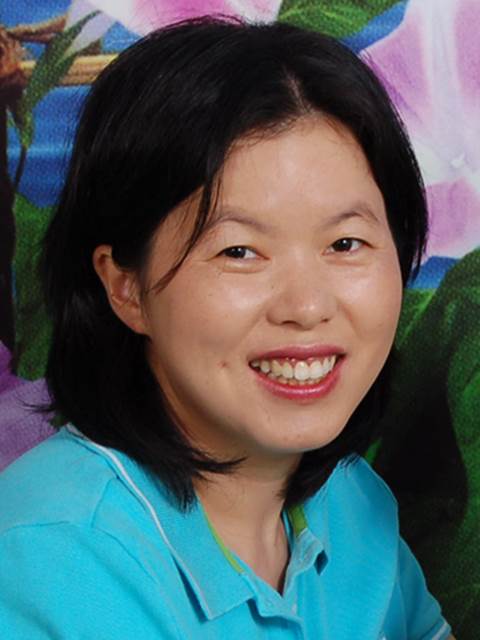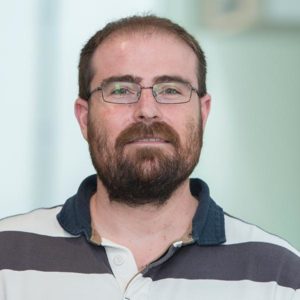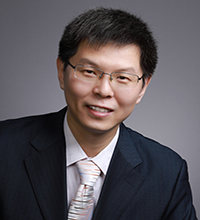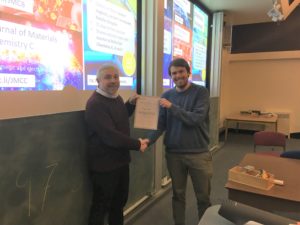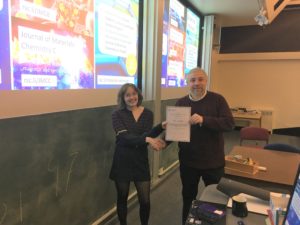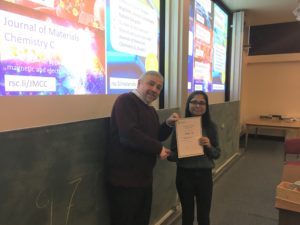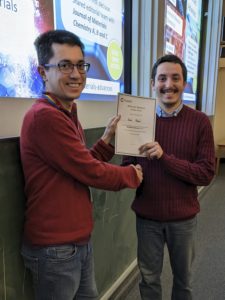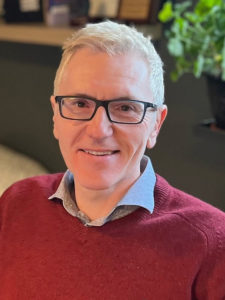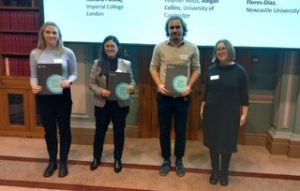We are delighted to welcome Professor Tetsuro Kusamoto from Institute for Molecular Science to our Journal of Materials Chemistry C and Materials Advances Advisory Board.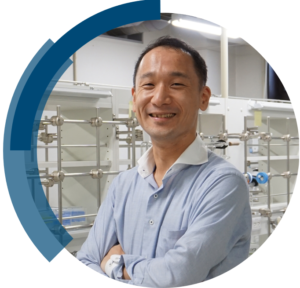
Professor Tetsuro Kusamoto, Institute for Molecular Science, Japan
Professor Tetsuro Kusamoto received his Ph.D. from the University of Tokyo in 2010. He started his academic career as a postdoctoral researcher at RIKEN (2010-2012). After six years as a project assistant professor and an Assistant Professor at the University of Tokyo, he began his independent academic career in 2019 as an Associate Professor at Institute for Molecular Science, National Institutes of Natural Sciences.
We took this opportunity to ask Professor Kusamoto a few questions and find out what he thinks:
- What does it mean to you to join the Advisory Board of Journal of Materials Chemistry C and Materials Advances?
It is a fantastic opportunity to experience cutting-edge material science and contribute to its advancement.
- What is the current biggest challenge you face in your field?
Understanding how the spin degree of freedom based on assembled spins affects materials’ electronic excitation, excited state, and relaxation dynamics.
- What advances in your field are you most excited about?
I’m excited about truly two-dimensional ferromagnetism realized by the monolayer of chromium tri-iodide (CrI3) .
Check out some of Professor Kusamoto’s recent publications in Royal Society of Chemistry journals:
S. Kimura, S. Kimura, K. Kato, Y. Teki, H. Nishihara, T. Kusamoto “A Ground-State-Dominated Magnetic Field Effect on the Luminescence of Stable Organic Radicals” Chemical Science, 2021,12, 2025-2029.
S. Mattiello, F. Corsini, S. Mecca, M. Sassi, R. Ruffo, G. Mattioli, Y. Hattori, T. Kusamoto, G. Griffini, L. Beverina “First Demonstration of the Use of Open-Shell Derivatives as Organic Luminophores for Transparent Luminescent Solar Concentrators” Materials Advances, 2021,2, 7369-7378.
S. Kimura, S. Kimura, H. Nishihara, T. Kusamoto “Excimer Emission and Magnetoluminescence of Radical-Based Zinc(II) Complexes Doped in Host Crystals” Chemical Communications, 2020,56, 11195-11198.
Join us in welcoming Professor Kusamoto to our Advisory Boards!











